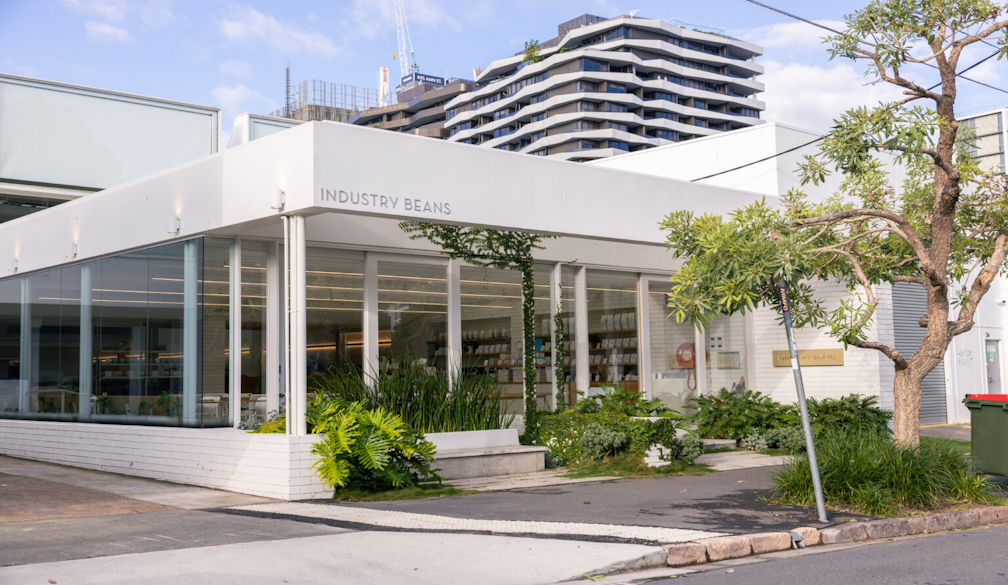Why commercial property must need to insure - Complete Guide

With a globalized economy and ever-growing competition, businesses of all shapes and sizes are increasingly realizing the importance of taking out appropriate insurance policies to secure their financial position in case anything unexpected occurs. Commercial property insurance is one type of coverage that can be highly beneficial when it comes to protecting your business’s assets, including the physical structure as well as any tools or equipment inside. This guide highlights why commercial property must need to insure - from covering the building itself against damages, theft, or liabilities incurred on site - so you have peace of mind knowing your investments are secure.
Understand the importance of insuring commercial property
Owning a commercial property comes with its fair share of risks. From natural disasters to accidents and fires, damage can occur at any time, and the expenses associated with such incidents can be crippling. That's why it's essential for business owners to understand the importance of insuring their commercial properties. This coverage provides financial protection for the building, the contents inside it, and any liability that may arise due to its use. By insuring their commercial property, business owners can have peace of mind that they are protected from unforeseen events that could otherwise cause significant financial losses. Choosing the right policy that suits their business needs is critical, as it will ensure that they are adequately covered and can focus on running their business without worrying about the unpredictable.
The different types of insurance for commercial property
Owning a commercial property can be a great investment, but it also comes with its own set of risks. That's where insurance comes in. There are several different types of insurance available for commercial property owners, each providing their own unique coverage. Property insurance helps protect against damage to the physical structure of the property, while CIB property insurance covers any accidents or injuries that occur on the premises. Business interruption insurance can help compensate for lost income in the event of a covered peril, and crime insurance can protect against theft or vandalism. With so many options available, it's important to carefully consider your specific needs and risks when choosing the right type of insurance for your commercial property.
What kind of coverage should you look for in a policy
Choosing the right policy can be a daunting task, but it's important to understand what kind of coverage you need. When considering a policy, make sure it covers your specific needs. For example, if you own a home, it's crucial to have coverage for damages caused by natural disasters, theft, and liability. If you own a car, you'll want to consider coverage for accidents, theft, and damage caused by uninsured motorists. And if you have a business, you'll need insurance that covers liability, property damage, and employee injuries. Take the time to carefully review the policy and ask questions to ensure that you have the proper coverage for your unique situation.
How to choose the right policy for your needs
Choosing the right policy to fit your individual needs can be a daunting task. There are countless options to consider, from car insurance to healthcare to life insurance. The key is to first assess your specific situation and determine what coverage you truly need. For example, if you're a young and healthy individual, you may not require the same level of healthcare coverage as someone with chronic medical conditions. It's important to take into account your budget, lifestyle, and personal risk factors. Once you have a clear understanding of your needs, do your research and compare policies from different providers. Don't be afraid to ask questions or seek advice from professionals. With careful consideration and informed decision-making, you'll be able to choose an insurance policy that gives you peace of mind and adequate protection.
Common pitfalls when choosing an insurance policy
Choosing an insurance policy can be a daunting task, especially when you are not familiar with the process or the terminology. One of the most common pitfalls is overlooking the exclusions in the policy. Just because a policy covers a certain type of risk doesn't mean that it covers everything related to that type of risk. Another pitfall is ignoring the deductibles and copays that come with the policy. While lower premiums may seem attractive, they often come with high deductibles and copays that can create unexpected costs down the road. Finally, failing to compare policies from different providers can be a costly mistake. Different policies can offer vastly different coverage for the same price. Understanding these common pitfalls can help you make an informed decision and choose the insurance policy that's right for you.
Steps to ensure your business is adequately insured
Running a business can be a risky endeavor, and having the right insurance coverage is essential to protect against unexpected events. There are several steps you can take to ensure your business is adequately insured. First, assess the risks your business faces and determine the types of coverage you need, such as liability, property, and workers' compensation insurance. Second, shop around and compare policies from multiple insurers to find the best option for your specific needs. Third, review your coverage regularly and make updates as your business changes and grows. Fourth, work with a trusted insurance agent or broker who can help you navigate the complexities of insurance and provide guidance on coverage options. By following these steps, you can rest assured that your business is covered and protected in case of unforeseen events.





















